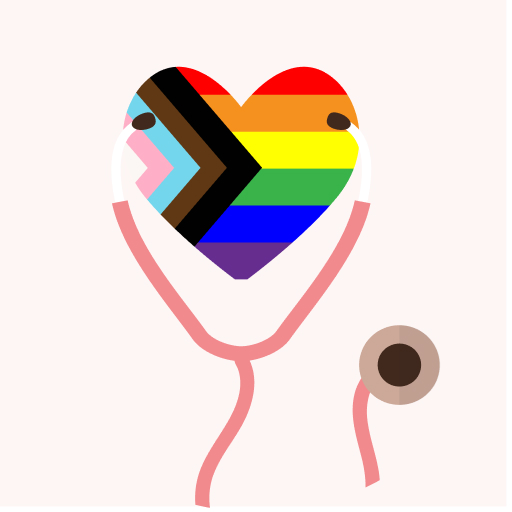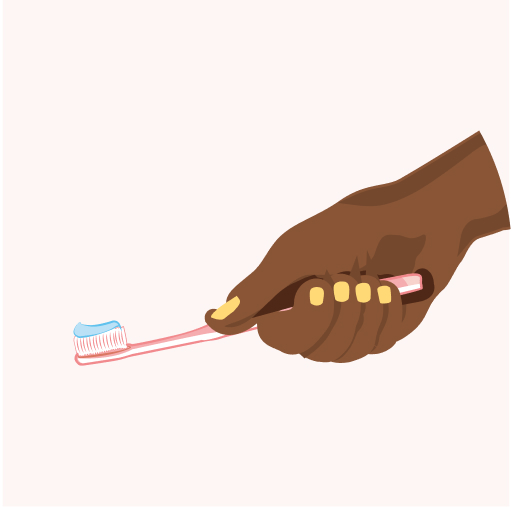
Knowing When to Let Go: 5 Signs of an Unhealthy Relationship
Let’s face it, not all relationships are healthy and everything you see on social media is not real. Some couples who identify as “relationship goals” may have some troubling issues, like emotional or mental abuse brewing behind the scenes. Anyone can end up in an unhealthy relationship at any time regardless of how smart, beautiful, or confident they are. Abusers are experienced in psychological warfare and are master manipulators who will try to exert power and control over you either physically, sexually, or emotionally. Here are five subtle signs to watch out for that may be a sign of an unhealthy relationship.
Isolation
Does your partner always make you choose between them or your family and friends? If your partner is attempting to make you spend all your time with them, then they are trying to disconnect you from the important people in your life. By doing so, they want to make you dependent on them for all your needs. In fact, you need to engage with a broad social circle as no one person can meet all your needs. Disconnecting you also eliminates opportunities for your network to pick up on other manipulative behaviors that may be happening.
Manipulation
Be weary if your partner tries to exert undue influence over your thoughts, actions, or decisions. This can be in the form of convincing you to do things outside of your comfort zone, ignoring you if you don’t comply with their wants or desires, or trying to buy their way into your good graces if you don’t agree with their actions. Be careful if they start asking you for personal information like your social security number, bank statements, access to your credit cards or other information that can be used for their financial gain. Never sign any legal documents if you are not clear on the intent and fully support or completely understand the plan.
Guilt
If your partner tries to make you feel responsible for their happiness or blame you when things go wrong, this is their way of making you feel guilty. Guilting you into thinking that everything is your fault, not excluding the bad things means you are being guilt tripped. Your partner can even go as far as threatening to harm themselves if you don’t do as they say. This is guilting you into believing you are responsible for their life. Don’t fall for this because people are responsible for their own lives and actions, not you.
Deflecting
Does your partner make excuses for their behavior and never take ownership of their mistakes? If they use alcohol, illegal substances or past experiences to rationalize their poor behavior, then these are strategies to make you feel sorry for them. They can even blame you for their behavior to deflect from the real issue at hand which is their insecurities in the relationship.
Sabotage
In today’s era of social media, it is easier than ever to ruin a person’s reputation with the click of a button. If your partner is purposely spreading lies or talking negatively behind your back, making you miss work or school or keeping you from reaching your personal or professional goals, then they are trying to sabotage your success and keep you dependent on them.
These are just some signs of an unhealthy relationship and they should not be taken lightly. You may experience some or all at varying degrees but remember that you are in control of your life. Unhealthy relationships can cause anxiety, decreased self-worth, or the inability to accept love from well-intentioned people. Getting out of an unhealthy relationship can be hard, but it is important to not place judgment or shame. Lean on your support system to help you create a plan to leave and it is perfectly okay and advisable to seek professional help to get out of the relationship, too. Don’t let the nostalgia from the good times cloud your judgment because in the end, the relationship is never worth it, and you always deserve better.











